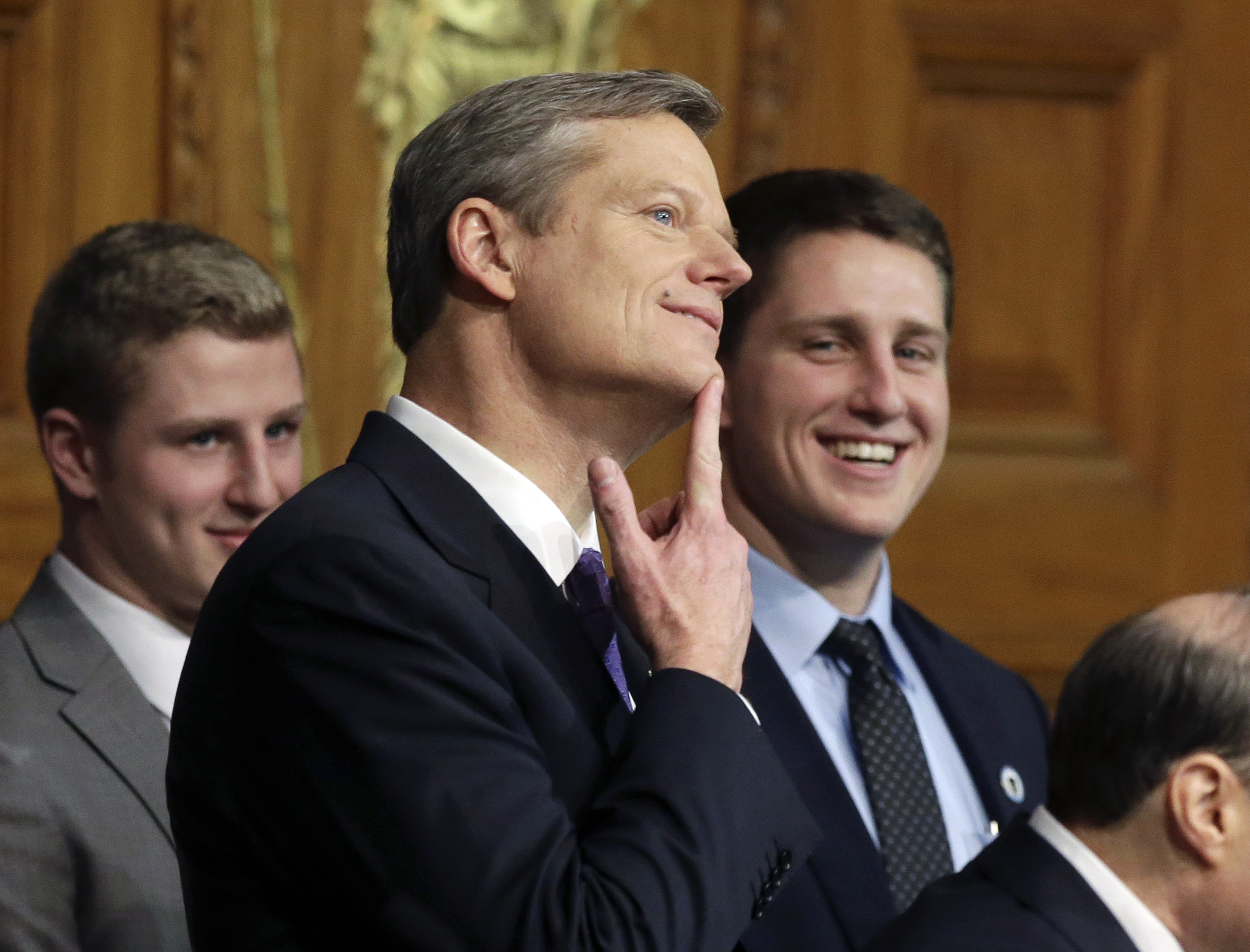Entries in MassPoliticsProfs by Erin O'Brien
Boston 2024 is so 90210. Athletes and connected rich kids are at the cool table where decisions get made. The Andrea Zuckerman’s of the world, ie the rest of us, are not included. We’ll just have to look on as Kelly, Dylan, Brenda, and the gang decide what is best for West Beverly – er, Boston and a Boston Olympics.
That is unless anti-Olympic mobilization continues and further solidifies. As Political Scientist Jules Boykoff has shown in his comprehensive study or the Olympics and activism, protest and local discontent dissuades the risk-adverse International Olympic Committee (IOC). Activism and opposition works with the IOC and has repeatedly affected the IOC’s decisions.
So the task is simple: Rise up, Andrea’s!

Third-wave feminists face a dual determination in assessing Secretary Clinton's 2016 candidacy. First, do they perceive that the American political system is so flawed that the only way to "win” is by sending in one of the elite’s own (HRC) who will inevitably disappoint on policy but nonetheless break barriers? And, second, can HRC convince third-wave feminists that while she is of the second-wave her policy views are not limited to liberal feminism alone.
Public service motivation reminds that there is more to governmental services than just efficiency. Sometimes government allots resources because it uplifts the community at-large. Right or wrong, watching the Pats parade on TV or knowing the rite-of-springtime St. Patrick’s Day parade is going on is worth it. We must make sure that the resources diverted for the parades come from all Boston’s neighborhoods -- not just less affluent communities. But with this substantial caveat I say, “on with the parade!” Sometimes government acts best when it acts inefficiently – and making ourselves feel better about this winter is something all of Boston needs.
Nobody likes Congress. And that’s not much of an exaggeration—only 16% of Americans hold a favorable view of the United States Congress—while 46% approve of the President. The high-jinx that played out last week certainly does not bolster confidence in the institution nor are shutdowns a cost-effective way to run government. The scholar in me is just as concerned about the assault on standards of knowledge that occurs off camera though.
A piece of legislation that passed the House last November in the previous Congressional session offers a telling example. Congressman Christopher Stewart (R-UT) introduced H.R. 1422, The EPA Science Advisory Board Reform Act, and it passed the Republican House 229-191 on almost a straight party-line vote. At root, the Act altered the composition of the Scientific Advisory Board (SBA) to the Environmental Protection Agency to include more industry representatives and barred SBA scholars from providing insight to the EPA on the very matters of their expertise -- the subjects on which they conduct systematic, empirical research. So in this bill, House Republicans called into question the very standards of knowledge that brought us the Enlightenment. Congressman Stewart’s legislation sought a “balance” of researchers and industry backed representatives who have an undeniable financial investment in the findings. It barred scientists, but not these industry representatives, from weighing in on the very subjects on which they have done painstaking research. This is akin to asking Pedro Martinez for advice about your swim team of Bill Gates’ take on k-pop.
Ideas on how to fix the T are manifold in policy circles but, unfortunately, neoliberal solutions—replicating private laissez-faire market practices and values in government—seem to be dominating Governor Baker’s favored fixes. The research suggests it will be the less affluent who pay if neoliberalism wins.
The most diverse group of federal representatives in our nation's history is actually quite unrepresentative. The Massachusetts delegation to Washington does not buck these trends. Our House delegation is 78% male, we have one male and one female Senator, and the cadre is exclusively white despite the fact almost 25% of Bay State residents are of color. And our unrepresentative representatives matter for substantive policy representation.

National political discourse suggests the Baker v. Patrick comparison features two opposing views on government: too often the problem according to Republicans and regularly the solution for Democrats. This narrative does not apply to Charlie Baker as both he and Deval Patrick see vital, necessary roles for government. I submit that a comparison of Charlie Baker’s inaugural speech yesterday and Deval Patrick’s final State of the Commonwealth address last January make their respective takes on the role government should play, and their conceptualization of Massachusetts residents, clear.


